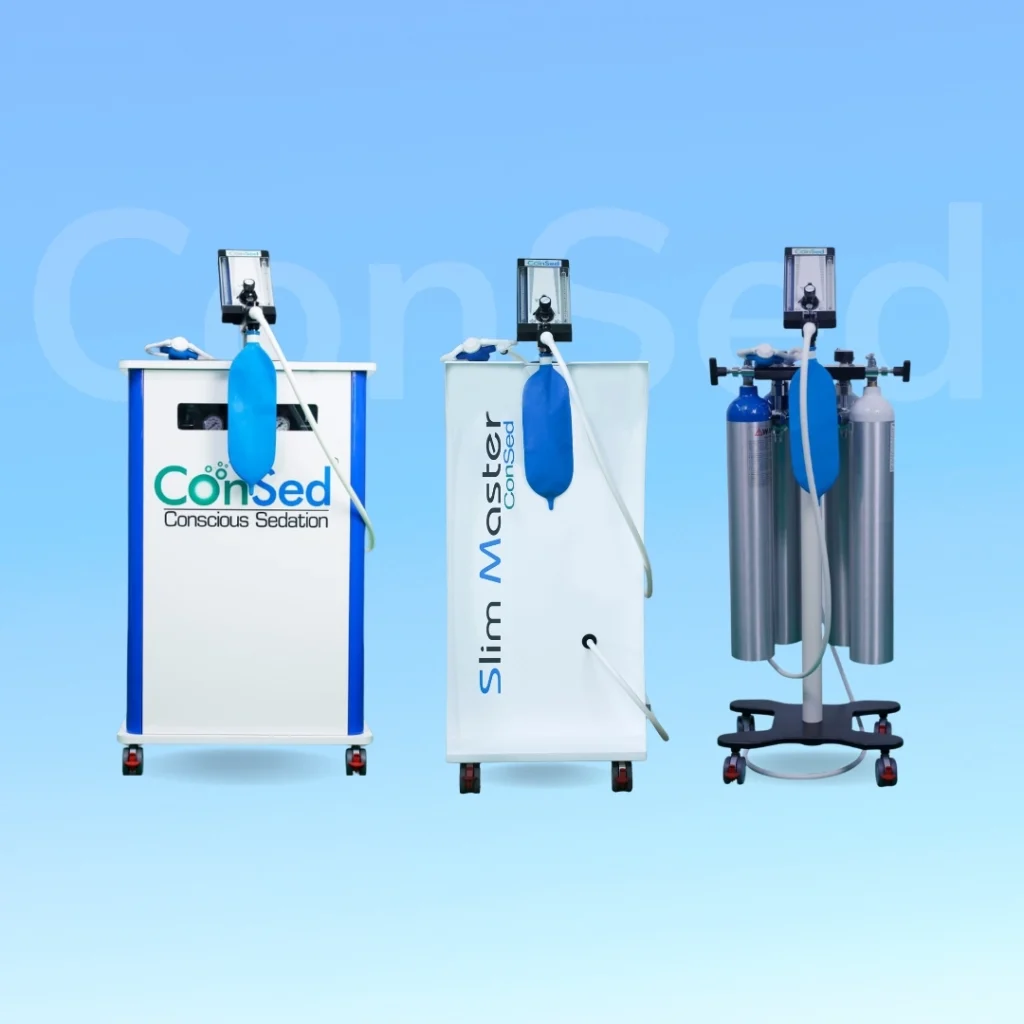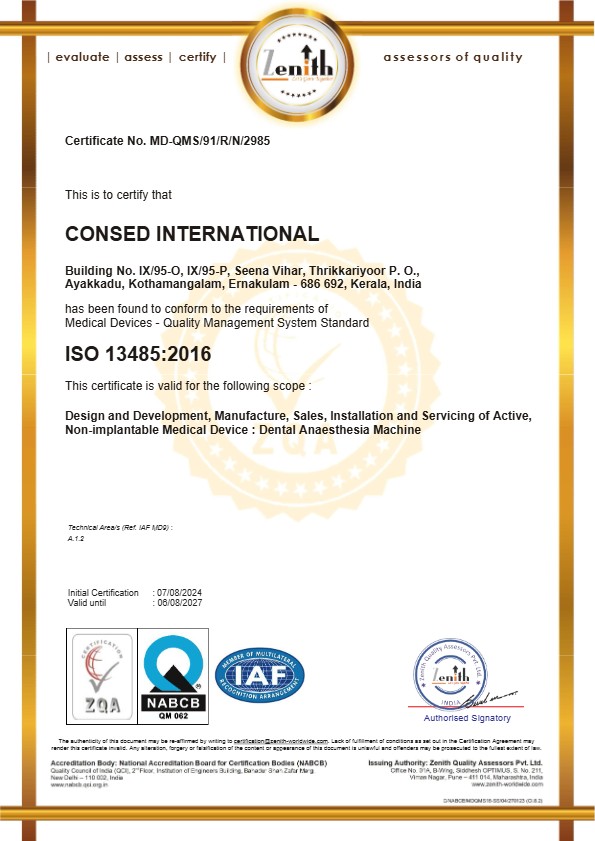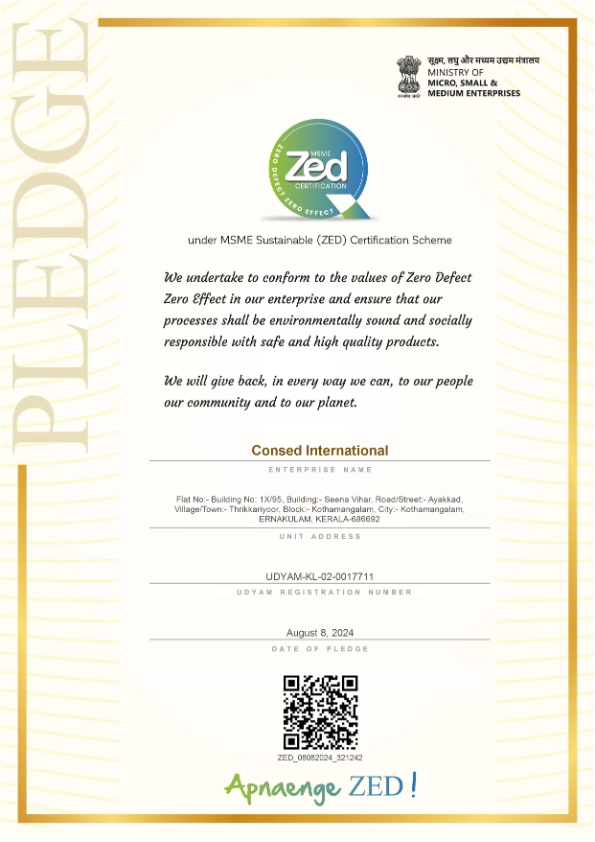Dual Gas Delivery System
Consed delivers precisely calibrated Nitrous Oxide and Oxygen through independent flow channels, allowing smooth control of gas concentration and ensuring stable sedation throughout the procedure.
Conscious Sedation is a technique that helps patients relax during dental or minor surgical procedures while remaining awake and responsive.
It reduces anxiety, discomfort, gag reflex, and fear — making treatment smoother for both patients and doctors.



International safety compliance
Precision gas flow control
Built-in fail-safe systems
Smooth patient experience
Compact, modern design
Trusted by dental and medical professionals
Consed delivers a complete, advanced Conscious Sedation Solution designed to make dental and minor surgical procedures safer, smoother, and stress-free for both patients and clinicians.
Our system combines precision engineering, international safety standards, and user-friendly design to ensure controlled sedation with maximum reliability.
Consed is an all-in-one conscious sedation unit that includes:
Complete Conscious Sedation System
Consed is an all-in-one sedation unit that integrates essential safety and performance features:
Consed delivers precisely calibrated Nitrous Oxide and Oxygen through independent flow channels, allowing smooth control of gas concentration and ensuring stable sedation throughout the procedure.
An automatic oxygen priority system prevents hypoxic mixtures by maintaining a mandatory minimum oxygen concentration at all times, protecting patient safety during every stage of sedation.
High-accuracy flowmeters and a user-friendly control interface allow clinicians to adjust gas flow smoothly and precisely, ensuring optimal sedation levels with minimal effort.
An instant oxygen flush function enables immediate delivery of 100% oxygen whenever required, supporting quick recovery and emergency response.
Consed includes comfortable, leak-resistant nasal masks and an optimized breathing circuit designed to provide smooth inhalation and exhalation while minimizing gas wastage and maximizing patient comfort.
The space-saving, mobile design makes Consed suitable for clinics of all sizes and multi-chair practices, offering flexibility without compromising performance.
Consed provides complete installation, user training, preventive maintenance, and dedicated technical support, ensuring long-term reliability and peace of mind for clinicians.
Consed is designed to deliver:
Inhalation sedation using Nitrous Oxide (commonly known as ‘Laughing Gas’) is suitable for all age groups. Your patients’ fear will reduce remarkably and they will be absolutely relaxed during the treatment. The relaxed treatment atmosphere will definitely improve the efficiency of your work.
No! Far from it.
In fact, Nitrous Oxide has been used successfully for over 160 years in the field of dentistry.
The mixture of N2O and O2 is the safest, most researched, and the oldest sedative method. It is safe, non-toxic and leaves no trace in the body after the treatment. Compared to general anaesthesia, the patient is conscious, cooperative and is able to communicate.
During the session, Oxygen and Nitrous Oxide are mixed in specific percentage and titrated as per the patient’s need. It starts with supplying 100% Oxygen, and N2O level is consequently raised slowly to reach the desired sedation. While the patient is inhaling the mixture, you and your team can initiate the treatment. The session ends by delivering 100% Oxygen for five minutes and the patient is completely out of sedation.
“Whether you have questions, need product information, or require support, our team is always ready to assist you with reliable and timely guidance.”